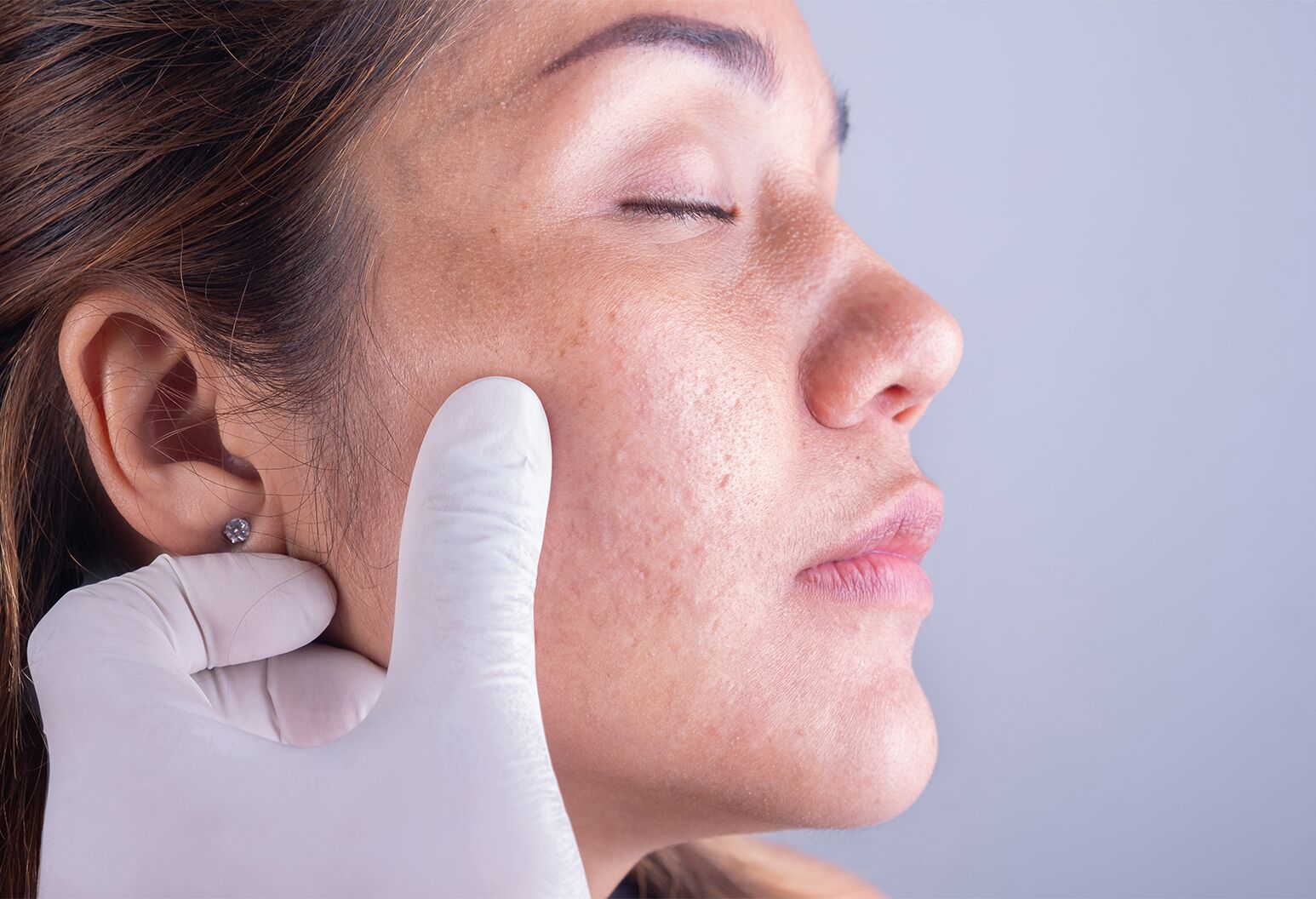Consult with a professional skin cancer with routine screenings.
Consult with a professional skin cancer with routine screenings.
Blog Article
Browsing Skin Cancer Cells Treatment: The Essential Role of Mohs in Modern Dermatology Practices
Skin cancer, a complicated diagnosis, commonly leaves patients grappling with countless therapy options. As we check out the details of this procedure, one will appreciate its crucial function in skin cancer treatment.
Recognizing Skin Cancer Cells: Types and Threats
Skin cancer cells, a possibly lethal ailment, is much more common than lots of people understand. This condition, created by the uncontrolled growth of unusual skin cells, primarily arises from DNA damage due to direct exposure to the sun and ultraviolet (UV) light. There are three main types of skin cancer cells: Basal cell carcinoma, Squamous cell cancer, and Cancer malignancy. While the previous two are much less lethal and comprise most of diagnosed situations, cancer malignancy is one of the most unsafe. It makes up just regarding 1% of skin cancer cells situations however triggers the substantial bulk of skin cancer cells fatalities - mohs surgery. Threat factors consist of fair skin, background of sunburn, extreme sun exposure, living at high elevations or near the equator, having numerous moles, a family members history of skin cancer cells, and weakened immune system.
What Is Mohs Surgery and Just How It's Transforming Skin Cancer Therapy
In spite of the many treatments currently offered for skin cancer cells, Mohs surgical treatment stands out as a groundbreaking and extremely efficient solution. Named after Frederic E. Mohs, the medical professional who created the procedure, Mohs surgery is a precise surgical technique used to deal with skin cancer. This level of accuracy, incorporated with the capacity to save as much healthy and balanced cells as possible, is transforming skin cancer cells treatment.
The Benefits of Mohs Surgical Treatment Over Traditional Skin Cancer Cells Treatments
Building on the cutting-edge nature of Mohs surgical treatment, it's necessary to consider its countless advantages over typical skin cancer cells therapies. Unlike guidelines, Mohs provides a higher treatment price, typically reaching 99% for novice treatments and 94% for reoccurring cancers cells. This precision results from its one-of-a-kind technique of considerably eliminating and analyzing cells layers until just cancer-free cells stay (skin cancer). Additionally, it decreases damages to healthy and balanced skin, resulting in less scarring and improved aesthetic results. Mohs likewise offers immediate outcomes, getting rid of the anxiety-ridden delay usual with other methods. read this article It's cost-efficient, as the surgical procedure and microscopic evaluation take place concurrently, getting rid of the need for extra laboratory services. Therefore, Mohs stands for a considerable innovation in dermatological methods.
The Procedure of Mohs Surgery: What to Expect Throughout the Refine

Potential Negative Effects and Post-Operative Treatment of Mohs Surgery
Going through Mohs surgical procedure, like any type of other operation, involves prospective adverse effects that people ought to be aware of. Common adverse effects include discomfort, bruising, and swelling at the surgical procedure website. However, these are usually short-term and workable with over the counter pain medicine and ice packs. In rare cases, individuals may experience infection, blood loss, or an allergy to the neighborhood anesthetic. Post-operative treatment is find out here critical to recovery and minimizing side results. This commonly includes keeping the wound tidy and completely dry, taking prescribed medications, and avoiding arduous tasks. People should likewise attend all follow-up consultations for wound treatment and surveillance. In some instances, additional therapies might be necessary to make certain total removal of the cancerous cells. Sticking to these post-operative care guidelines can considerably enhance healing and outcomes.
Final thought

Report this page